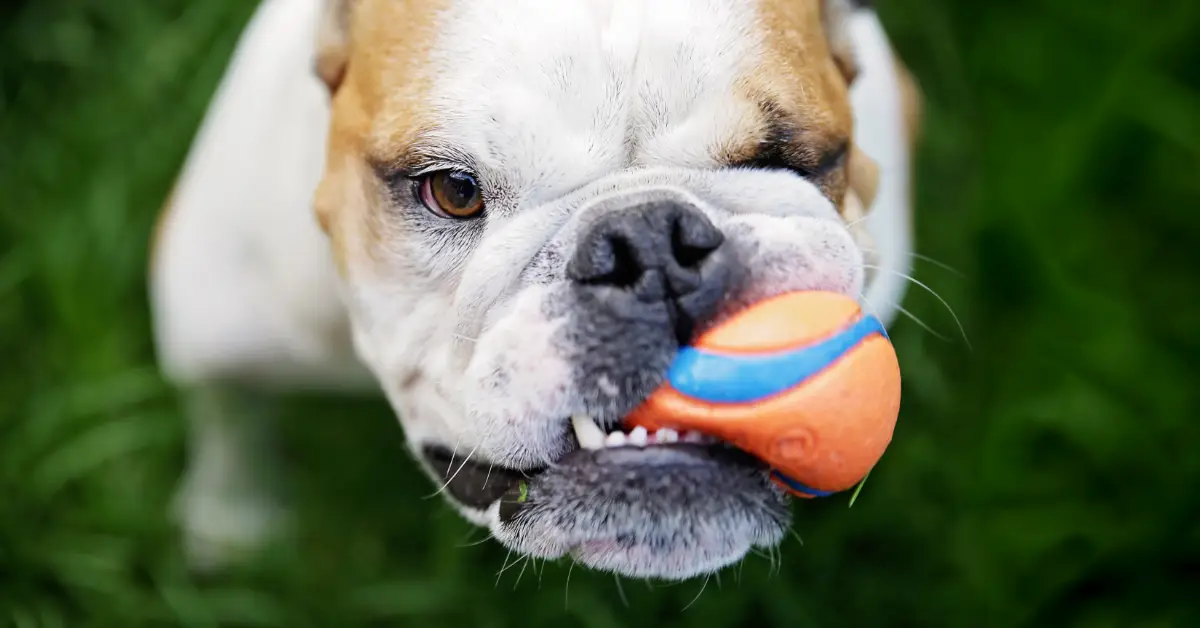Can Dogs Eat Popcorn?

Unsalted and unseasoned popcorn is a safe and healthy treat for your dog. Air-popped popcorn has dog-friendly nutrients and minerals, including protein (12.9 grams), fiber (14.5 grams), iron (3.19 mg), magnesium (144 mg), and polyphenols, which, according to the American Heart Association, have been linked to better blood circulation, digestive health, and lowering the risk of certain cancers, so enjoy some with your furbaby. Studies have also shown the benefits of polyphenols for dogs.
Salted popcorn can be bad for dogs, as 1.5g/lb of body weight is considered toxic, according to the Pet Poison Helpline. Many dog foods and other snacks already have salt added. Seasonings and imitation flavors may contain ingredients that are unhealthy for dogs and added sugars, which can be harmful if your dog is diabetic.
Fun fact: Some marshmallows are safe for dogs. Here’s how to know which if you’d like to make popcorn balls that are safe for the two of you to enjoy.
The Good in Popcorn for Your Dog
The protein naturally occurring in popcorn can help form cartilage, tendons, and ligaments, and when broken down, it turns into amino acids to help sustain life. The fiber helps with the digestive tract and controls appetites, which can be especially helpful when weight management is needed. This is why it is in most dog foods.
Magnesium can help reduce free radicals, which can help with coronary issues, and reduce oxidative stress, which can cause muscle fatigue and other issues. When served in correct amounts and without additives, popcorn has a whole lot more nutritional elements to help your dog live a happy and healthy life with a popcorn snack from time to time.
How to Make Popcorn Dog-Safe
Popcorn is most popular in the fall and winter when the weather gets cold, and we look for indoor activities like watching movies and sitting by a fireplace. Fall and winter snacks include popcorn balls, popcorn and candy mixes with chocolate and caramel, and trail mixes. You don’t want to give your puppy the mixed and seasoned versions, as they could be unhealthy, but that doesn’t mean they have to miss out.
Pop a first batch for them and remove the unpopped kernels. Then, make your own with whatever seasonings and flavors you choose. You can also create a dog-friendly version of the popcorn ball using healthier ingredients so they can snack along while you enjoy your own. And there’s always an influencer-style opportunity to show your puppy eating popcorn out of a traditional movie-style bucket to lighten up your friend and their fans’ faces.
Like other human foods, popcorn is safe for dogs when served air-popped, without additional ingredients, and in moderation. So don’t panic if some hit the floor and are eaten up, and take the time to enjoy bonding while watching a movie with your dog and popcorn.
About the Author: The writing team at Service Dog Certifications is made up of folks who really know their stuff when it comes to disability laws and assistance animals. Many of our writers and editors have service dogs themselves and share insights from their own experiences. All of us have a passion for disability rights and animals.
Latest Posts

Dangerous Materials Hiding in Your Dog Products
Jake’s German Shepherd began developing strange rashes around his collar. Three vet visits later, they figured out the leather was treated with chromium — a chemical that irritates sensitive skin. Jake had no idea his dog’s collar contained industrial chemicals. Most dog owners don’t know what goes into the products they buy. Many companies use […]

Read More

Can You Bring a Service Dog to a Basketball Game?
Yes, you absolutely can bring your service dog to basketball games. Whether you’re heading to your local high school tournament, a packed college rivalry game, or splurging on NBA tickets, the Americans with Disabilities Act protects your right to be accompanied by your service dog anywhere the public can go. When you arrive, venue employees […]

Read More

Best Pet Health Insurance Providers
If you own a pet, you know how important — and expensive — vet care can be. One way to offset those costs is to purchase pet health insurance. Like typical health insurance, pet insurance is available at many price points, and can cover all, most, or only some of your vet-related costs. It can […]

Read More